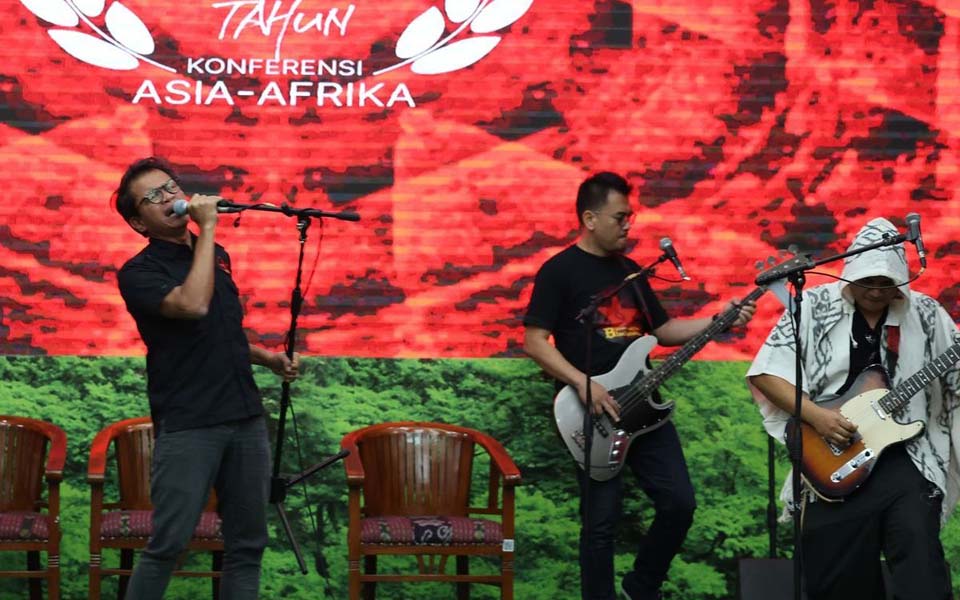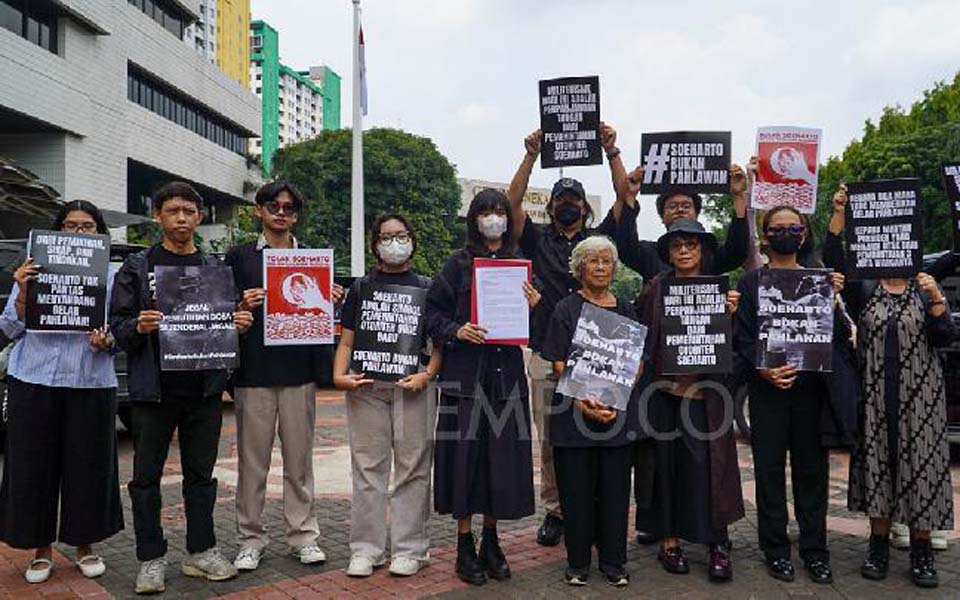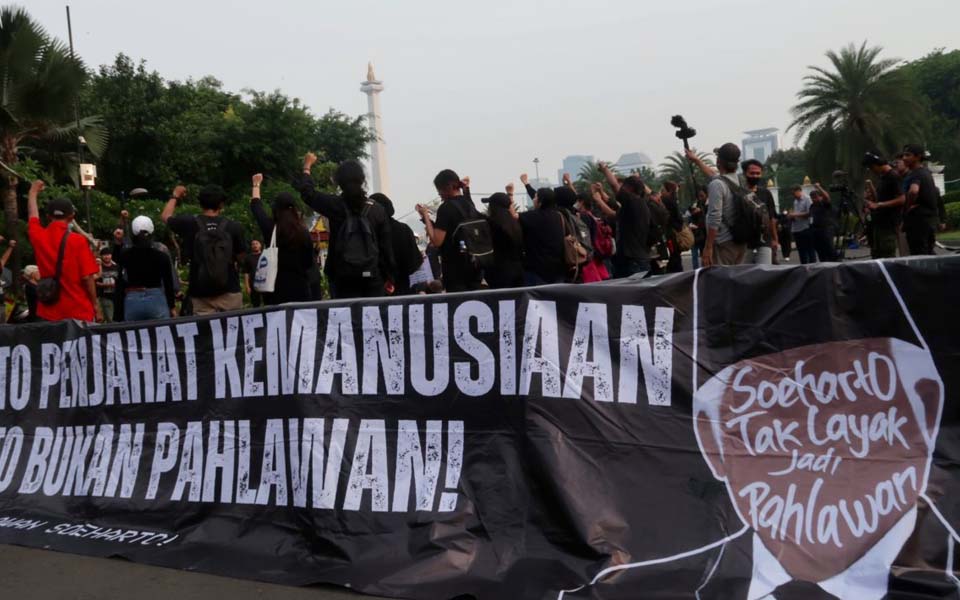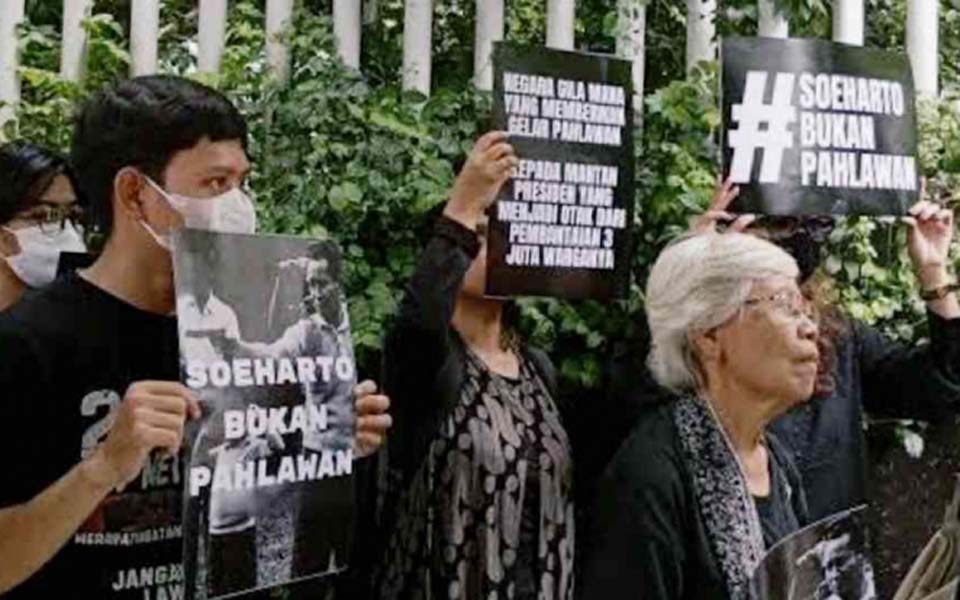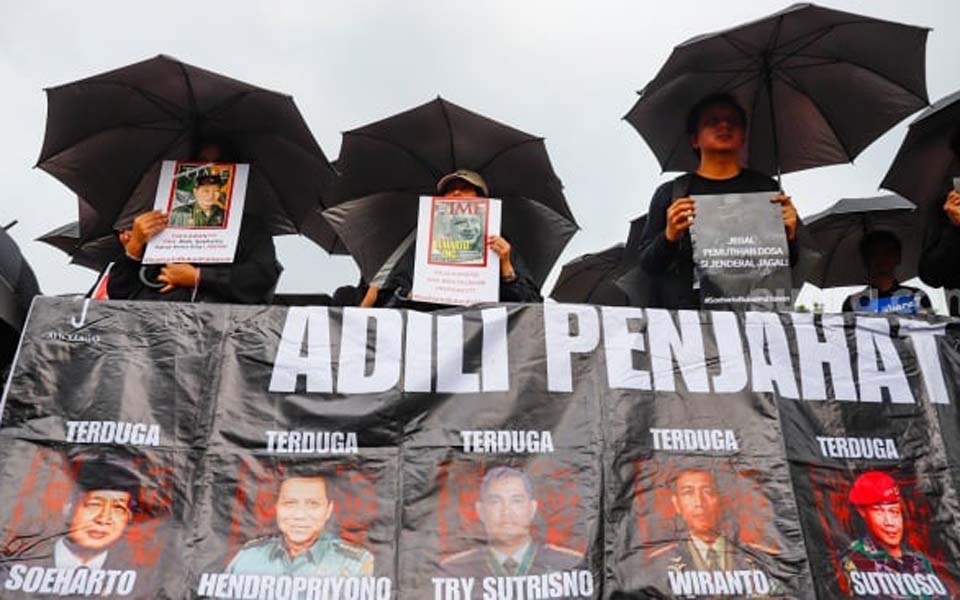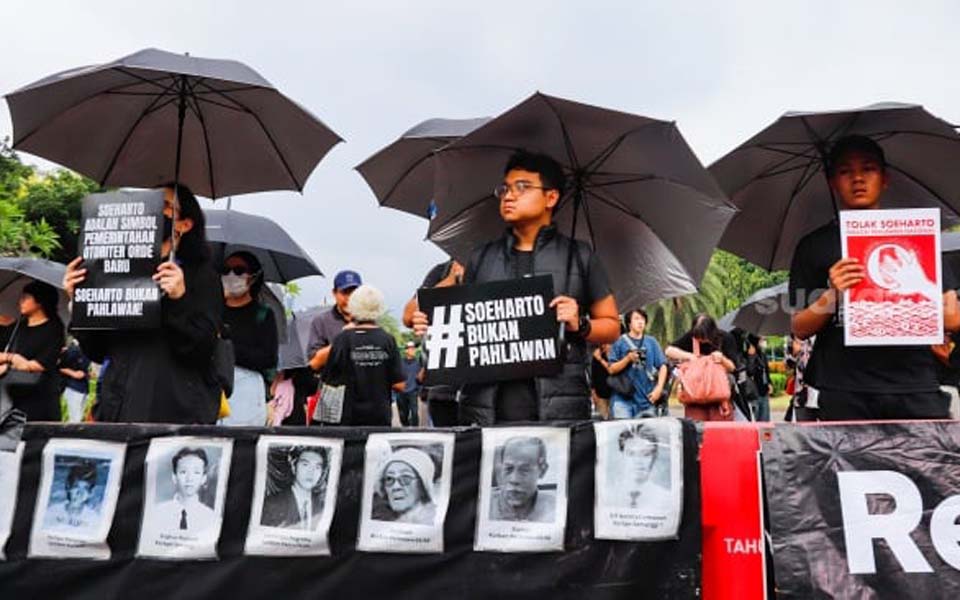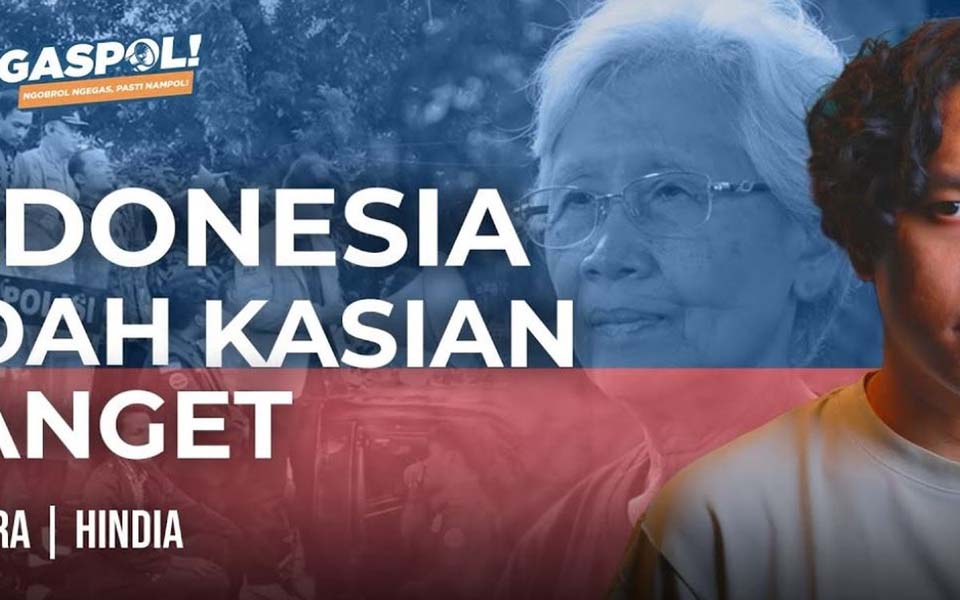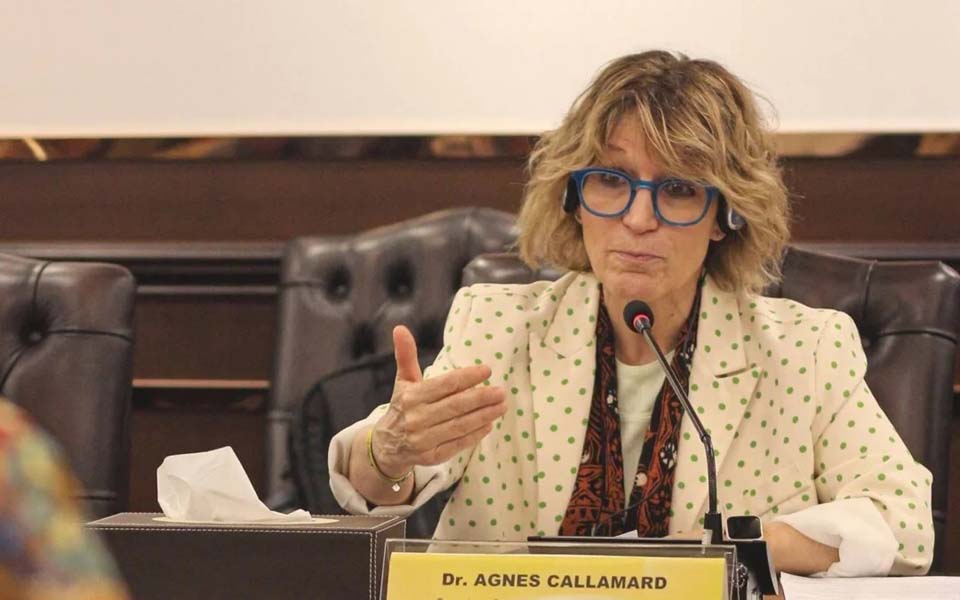Irfan Kamil, Jakarta – The Setara Institute for Peace and Democracy has released its human rights performance index for the first year of the second term of President Joko "Jokowi" Widodo and Vice President Ma'ruf Amin, who were inaugurated on October 20, 2019.
Based on the Setara Institute's findings, the human rights performance index for 2020 has dropped compared with the previous year.
The human rights index for this year stands at 2.9 while in 2019 its score was 3.2 in a scale of 1 to 7. An index of 1 shows a low human rights performance and an index of 7 shows a high human rights performance.
Setara Institute legal and constitutional researcher Sayyidatul Insiyah said that the human rights performance index is assessed based on a measurement of six civil and political rights indicators.
Civil and political rights cover the right to life, the right to freedom of religion and belief, the right to obtain justice, the right to a sense of security, the right to participate in governance and the right to freedom of expression and opinion.
"Where we indeed need to highlight that out of these six indicators only one indicator had or experienced an improvement, namely the right to freedom of religion and belief", said Insiyah during a press conference on Thursday December 10.
"Meanwhile for the other indicators they stagnated or dropped or regressed" he said.
Insiyah explained that in general terms the assessment for civil and political rights in 2020 dropped to 2.8 from a score of 3.0 the year earlier.
Meanwhile a breakdown of sub-indicators for civil and political rights show that the right to life dropped from 2.5 in 2019 to 2.4 in 2020, the right to freedom of religion and worship rose from 2.4 to 2.5 and the right to receive justice stagnated or remained the same at 3.2.
Then, the right to a sense of security which dropped to 3.1 in 2020 from 3.6 in 2019, the right to participate in governance which dropped to 4.0 from 4.2 and freedom of expression and opinion which dropped to 1.7 from 1.9 the year before.
Insiyah said that in addition to this, an assessment of upholding human rights was measured by five indicators of economic, social and cultural rights (hak ekosob).
Insiyah said that in general these rights also dropped in comparison with the previous year with a score of 3.1 in 2020 compared with 3.5 in 2019.
Meanwhile the breakdown for economic, social and cultural rights found that the right to healthcare dropped from 3.9 in 2019 to 3.6 in 2020 and the right to education stagnated at 4.5.
Then the right to employment dropped from 3.2 in 2019 to 2.8 in 2020, the right to land dropped from 3.4 to 2.9 and finally the right to culture which also dropped from 2.4 to 2.1 in 2020.
"In the case of hak ekosob, in fact out of the five sub-indictors only one remained at a stable figure, namely the right to education which had a sore of 4.5, meanwhile for the other four sub-indicators they [all] experienced a regression", said Insiyah.
"The lowest figure was related to the right to culture where within this it covers matters related to criminalisation or acknowledgement of the existence of traditional communities which is still very minimal", he said.
[Translated by James Balowski. The original title of the article was "Setara Institute: Indeks Kinerja HAM tahun 2020 Turun Halaman".]






